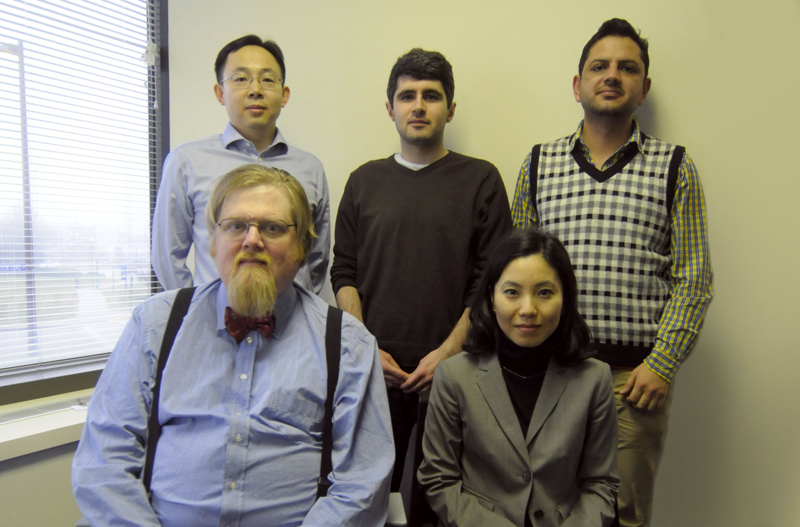A division of the Molecular Targets and Medications Discovery Branch
Section Chief
Contact
Location:
Triad Technology Center
333 Cassell Drive
Room 1121
Baltimore, MD 21224
Phone: 667-312-5284
Email: lei.shi2@nih.gov
Research Interests
Membrane proteins (MP) initiate intracellular signaling pathways, control the flow of energy and materials in and out of the cell, and thereby account for more than 30% of the human proteome and 40% of drug targets. Research interest in the lab is focused on investigating structural basis of MP functions to advance mechanistic understanding of key cellular processes. Using a combined computational and experimental approach, we identify and characterize the elements that determine the recognitions between MP and their cognate ligands, between MP and their coupled proteins, and between MP and lipid environment. The integrated findings allow us to rationally develop small-molecule compounds for novel drug discovery.


